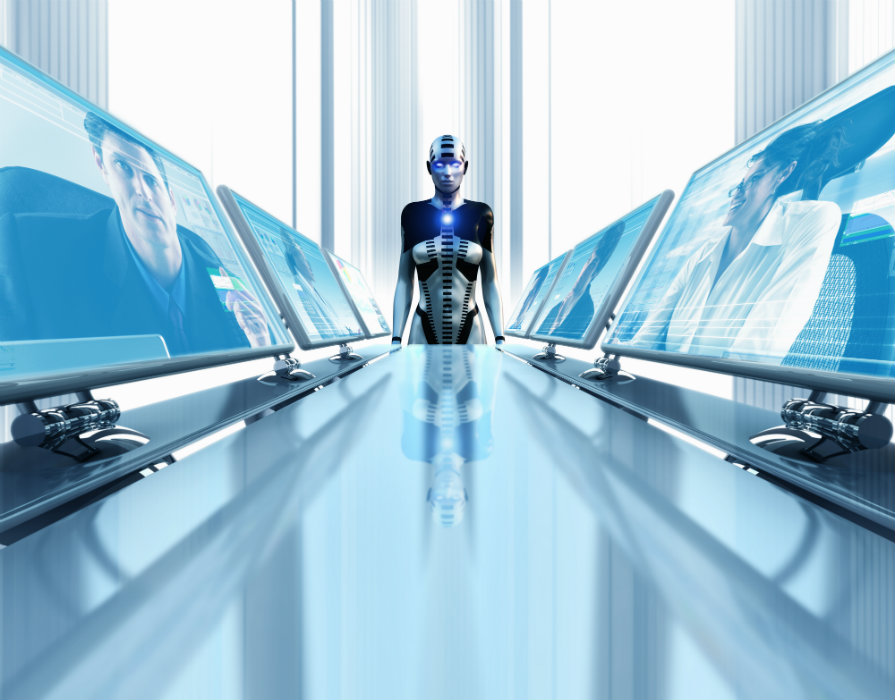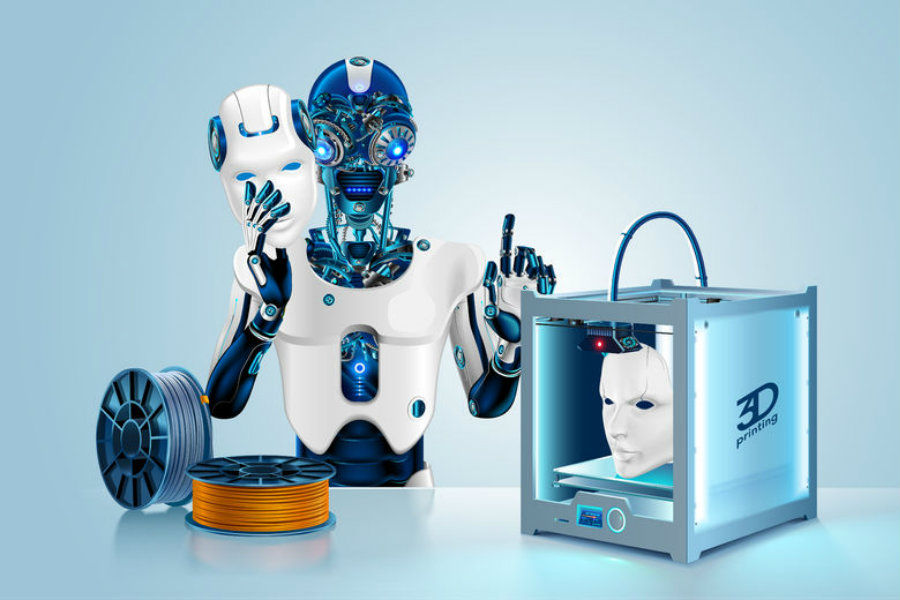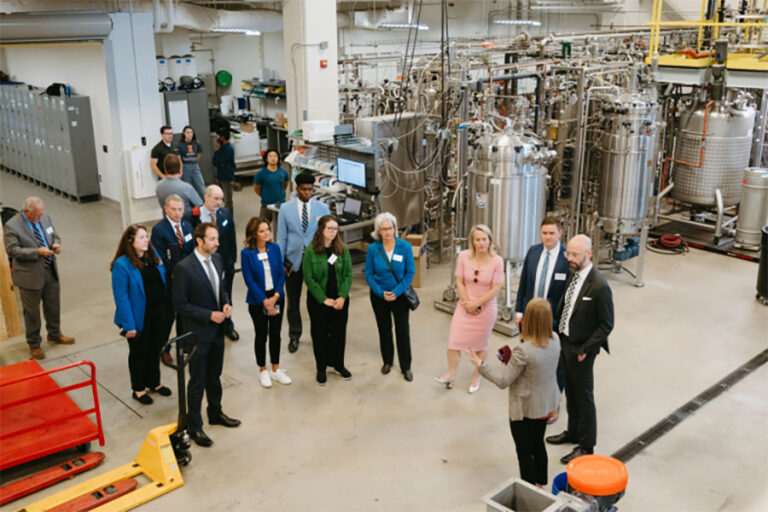
It is the most exciting time for technology and also the most challenging—a time when new technologies hold the promise of an automated electric vehicle in every garage, secure cryptocurrencies in every account and a robot in every office, creating unprecedented leisure opportunities for workers around the world.
But it’s also a time when these same technologies threaten to make millions unemployed, increase global financial instability and concentrate too much knowledge and too much power in the hands of the few. The job of determining which of these two competing visions wins out is largely the responsibility of today’s generation of politicians and corporate leaders.
“All of our human experiences will change over the next few decades.”
Andrew Bolwell, VP, Chief Disrupter and Global Head, HP Tech Ventures

“We have to start thinking about what kind of work is actually important for humans to do,” says David Tennenhouse, chief research officer at enterprise IT specialist VMware. “At a time when the world is facing a huge shortage of workers, which work can we afford to have people doing? Policy makers are only just starting to grapple with this situation.”
Perhaps the most challenging technological phenomenon in the world today is the emergence of artificial intelligence (AI), in particular robots and machines that can spot new patterns in data and learn for themselves.
While AI is still a long way from the superhuman capabilities seen in sci-fi dystopias like Metropolis and The Matrix, the breakthroughs made in machine learning in recent years have spawned familiar fears about the impact on employment and social equality.

“AI and machine learning are getting a bad rap,” Tennenhouse argues. “Historically, the concern about jobs arises whenever there is a major disruptive technology, although many new jobs are created. But in today’s demographic conditions, we need all the innovations that machine learning can deliver. If we can’t improve productivity dramatically over the next 20 years, we will not be able to keep the lights on.”
At the leading tech companies of today, it is this sort of long-term thinking about demographics, the economy and society that is shaping the innovation agenda. “We try to understand how our lives will change in the next decade or two, how our experience with the world will change—how we learn, how and where we live and how and where we work,” says Andrew Bolwell, VP, chief disrupter and global head of HP Tech Ventures, HP’s venture capital arm.
“Machine learning has the potential to deliver dramatic improvements in productivity.”
David Tennenhouse, Chief Research Officer, VMware
Bolwell says that the company’s investments are being guided by what he calls four megatrends: rapid urbanization, changing demographics, hyperglobalization and accelerated innovation. The job of HP Tech Ventures is to respond to these trends by deploying HP’s technological expertise in entirely new areas.

“We are putting our eyes and ears into the future and looking at places where HP is not even doing business yet,” Bolwell explains. “For example, we are looking at applications for 3-D printing in the life sciences. Printers are very good at the control of tiny amounts of fluid, or what we call microfluidics. We are now exploring ways of using this technology to diagnose diseases.”
On the frontiers of innovation, HP is investigating the potential for smart machines that can heal themselves when infected by a virus, and exploring how humans will inte ract with so- called ambientcomputing, when computing migrates out of laptops and into the devices and walls that surround us. “The future hasn’t happened yet, but we get to create it,” Bolwell says![]()
As published in TIME magazine









